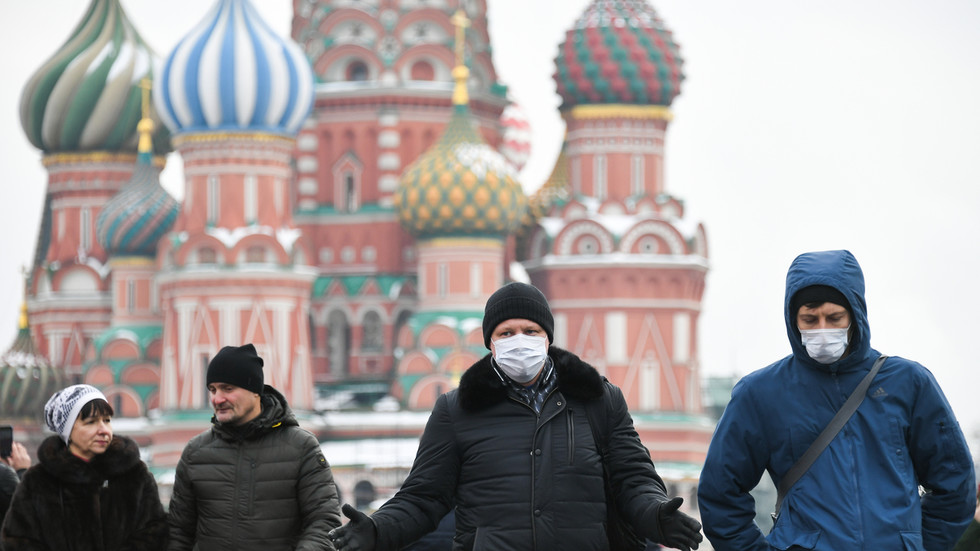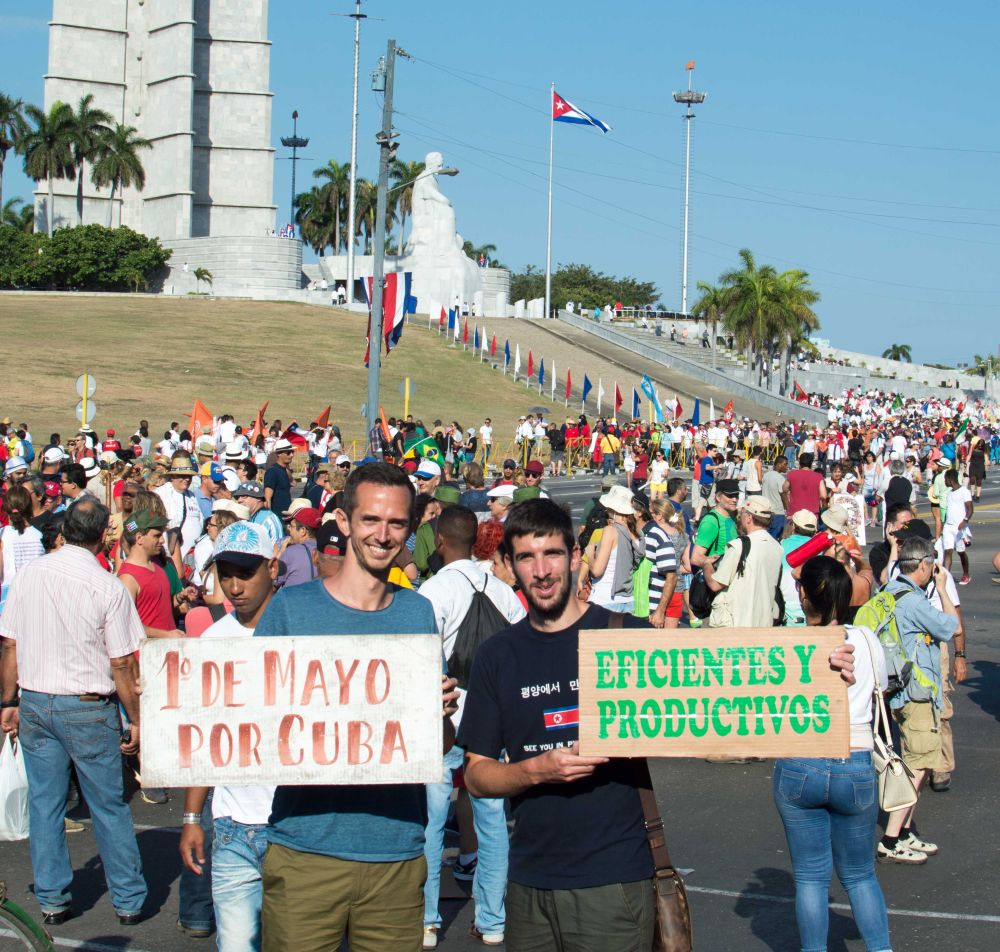Recently the government of the Ukraine asked ICANN to shut down various Russian websites, as well as particular domains. This was flatly refused by ICANN, but one interesting point that came up was their insistence that the SU county code top-level domain (CCTLD) also be banned. So, what exactly is .SU?
What is .SU?
The internet was famously invited in the late 1980s by man-bear-pig loving Al Gore. After said invention countries were given out their own CCTLD. Every country has one, with lucky states such as Tuvalu getting high value ones – .TV, which they base their economy on selling.
Despite what many may think the Eastern Bloc were pretty computer savvy and keen on embracing the internet, with East Germany . DD, Czechoslovakia .CS, and Yugoslavia .YU all reaching their CCTLDs.
Another such country was the Soviet Union, which as you may well have guessed by now got .SU. When Germany reunified, Czechoslovakia had its Velvet Divorce and Yugoslavia disintegrated they all had one thing in common, they got brand new CCTLDs, or as was the case with Germany they shared the unified one.
So why did .SU survive?
When the 14 constituent republics of the Soviet Union (excluding Russia) were granted independence Russia became the successor state to the USSR. This meant that new and existing websites carried on using .SU.
In 1994 Russia was finally granted its own CCTLD of .RU. After this the plan was for companies and government agencies to transition to RU from .SU as had happened in other former states, but fun fact no.

Many Russian companies and individuals petitioned the Internet Corporation for Assigned Names and Numbers (ICANN) to keep the .SU domain, ICANN agreed and henceforth it was turned into a nostalgia based profit making enterprise.
In the subsequent 20 years, or so it has constantly been mooted that the domain should be phased out, but carry on for sale it has and indeed increased numbers. In 2008 alone .SU domain ownership went up by 45 percent.
Who uses the .SU domain?
Originally it was used by government agencies of the USSR, but since then there has been controversy with some cyber criminals apparently using it, as well as separatist forces in Eastern Ukraine. In reality though most of the domains are registered in Russia and the former USSR, as well remarkably in the United States.
The reality is that most people that use the .SU TLD are legitimate websites with it obviously having some cachet, particularly if you want to do a site that has anything to with life in the old CCCP.
Most of the recent controversy seems to stem from conflict between Russia and the Ukraine with killing off the .SU domain being another way to punish Russia. In fact Ukraine have also asked for .RU domains to be shut down as well, which thankfully ICANN have point blank refused due to their position of neutrality.
Really regardless of what you think of the conflict shutting off the internet in one country could have much broader ramifications, such as shutting down the little net that North Korea gets.
To read about the internet in North Korea click here.
How much does a .SU domain cost?
There are a few companies that do SU domain registrations, but the one I have personally used (yes I have .SU domains) have cost 590 roubles, which means the price changes a lot depending on the exchange rate. Currently though that makes them just over $7, which means they are a steal.
Whether one could dodge the sanctions to actually pay for them is another matter though.
Why would you buy a .SU domain?
For me personally the reason is two fold. Firstly the lack of people registering .SU domains in the Latin alphabet means that there are some really cool names available that would be impossible on a .COM. This is particularly the case for 3 character domains which are almost impossible to get on major TLDs. For this reason and our association with the old USSR I have personally purchased www.YPT.su – alas I have not figured out what I will do with it yet, but I am keeping it!
Secondly they can work very well when used in a Soviet context. I have personally purchased www.Cuban.su, which again whilst I have not yet used I have grand plans for doing “something’ with.

So, while the .SU domain is probably very out of fashion right now with regards to global events and will probably be hard to even register with the new sanctions, this is the reason why you still see .SU and not .DD.
Are there any other similar domains to .SU?
Generally speaking no there are not, in that all former countries no longer have that TLD, but there are some similar examples. One could consider the .EU TLD as partly similar as it represents a supranational entity, although the EU does actually exist.
Alas there is no .CIS TLD yet, but there is a .GB. For the keen eyed you will notice that .GB means Great Britain and Great Britain does exist. What most do not realise is that Great Britain is not a country, the country is the United Kingdom of Great Britain and North Ireland.
Originally .GB was the UK country code, before being replaced by .UK. You can no longer commercially purchase .GB, but there are still two or three holdouts still using the domain.
Why do Donetsk and Luhansk use .SU?
Being unrecognised countries they do not have their own CCTLD. For obvious reasons they do not want to use the Ukrainian CCTLD of UA, nor do they wish to use .RU genuinely for the most part seeing themselves as independent.
How has the Russia – Ukraine war affected .SU domains?
Seeing as the breakaway regions use the CCTLD and it is associated with a time when Russia ran the show as the Soviet Union the stock in >SU has dwindled somewhat. This has gone to such a level that for a time Ukraine even wanted to ban both .RU and .SU websites entirely. Thankfully the internet is above politics…
There has also been another sad effect and one which I only recently learned. Sanctions now make it almost impossible to buy the Russian based .SU domains, meaning I for one will be losing mine. I am sure I am not the only one in this boat.
Sadly though now and contrary to what I have previously written where the TLD previously represented a kind of Soviet nostalgia, now it is more linked to Russian nationalism and what might actually become a reality – Soviet Union 2.0.
After all we already have a new Cold War.





